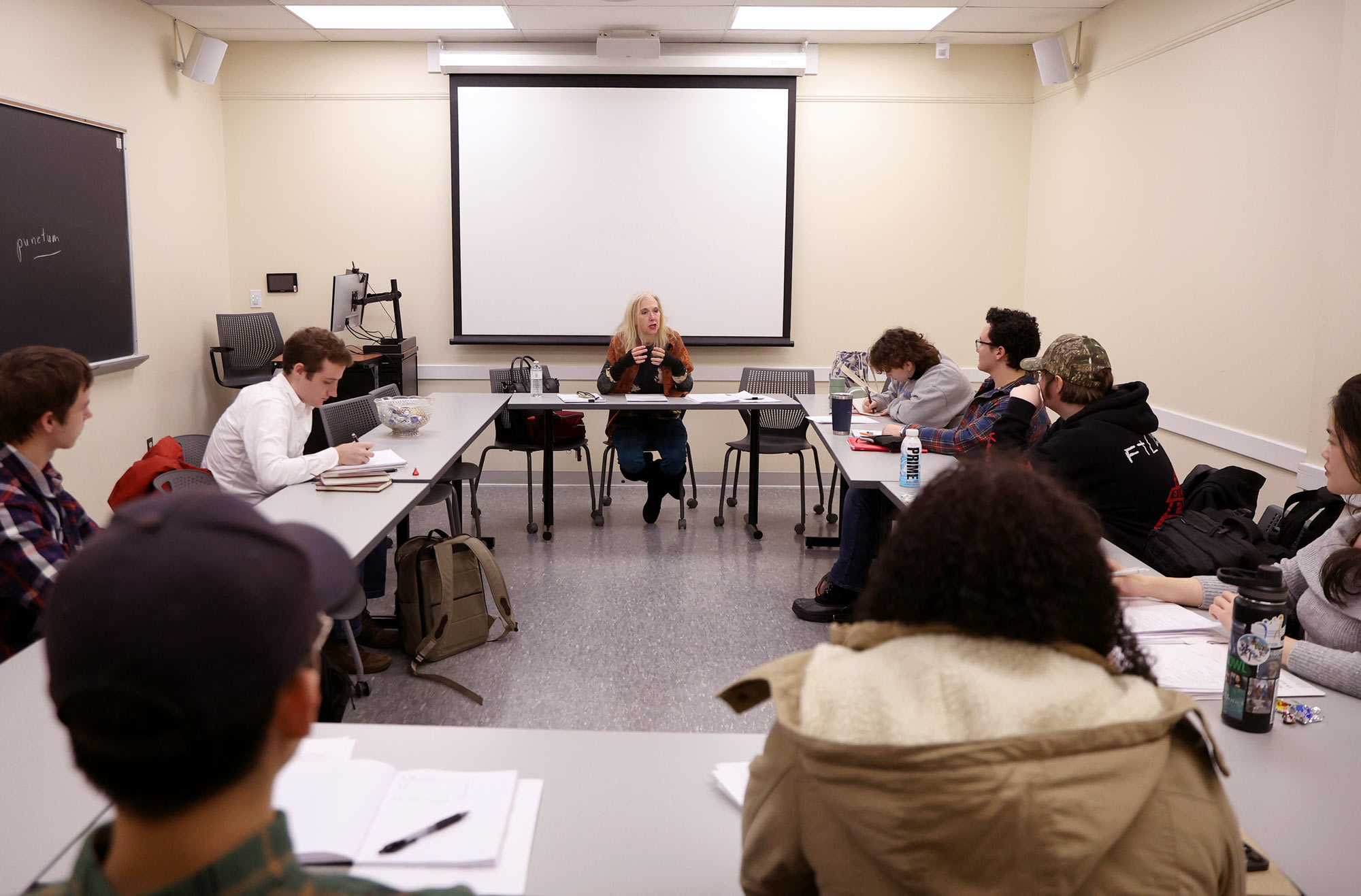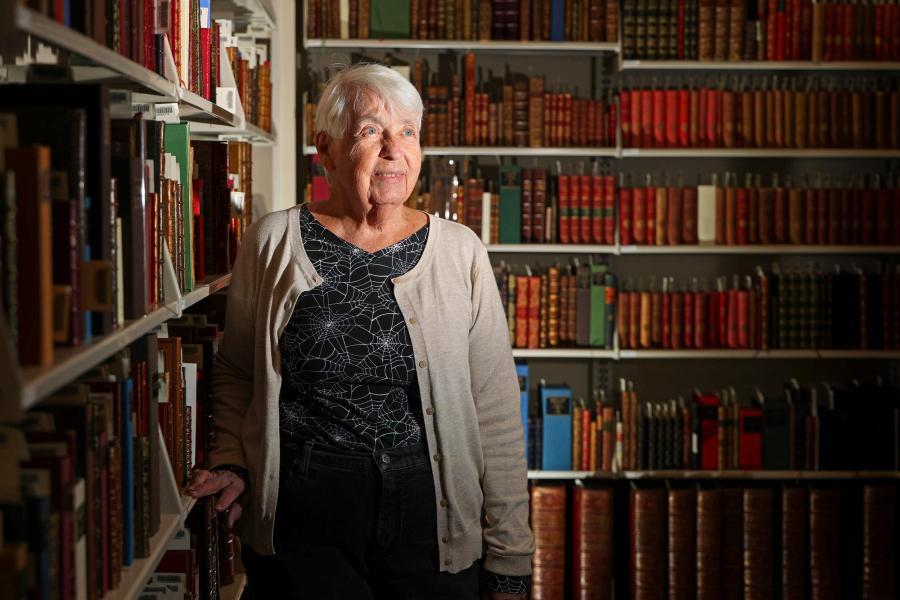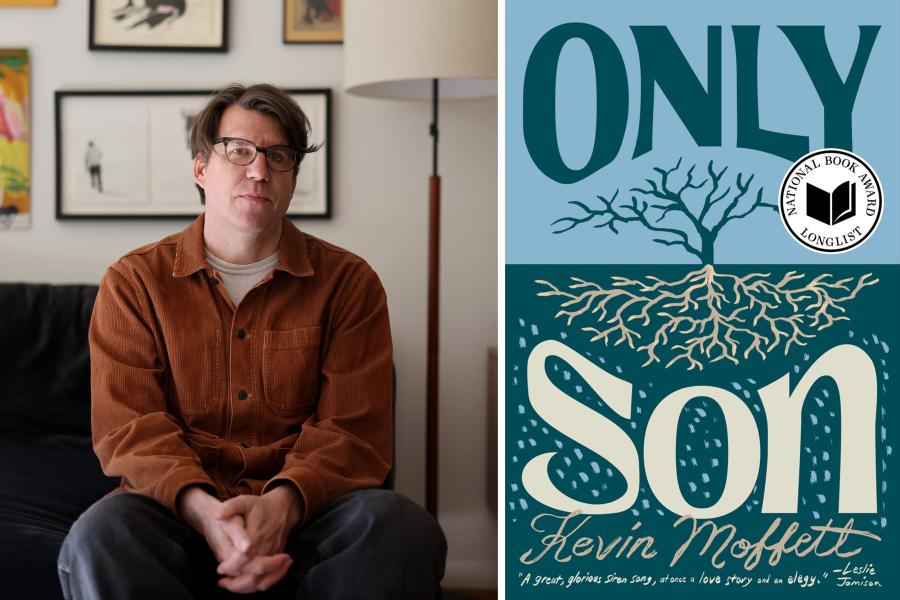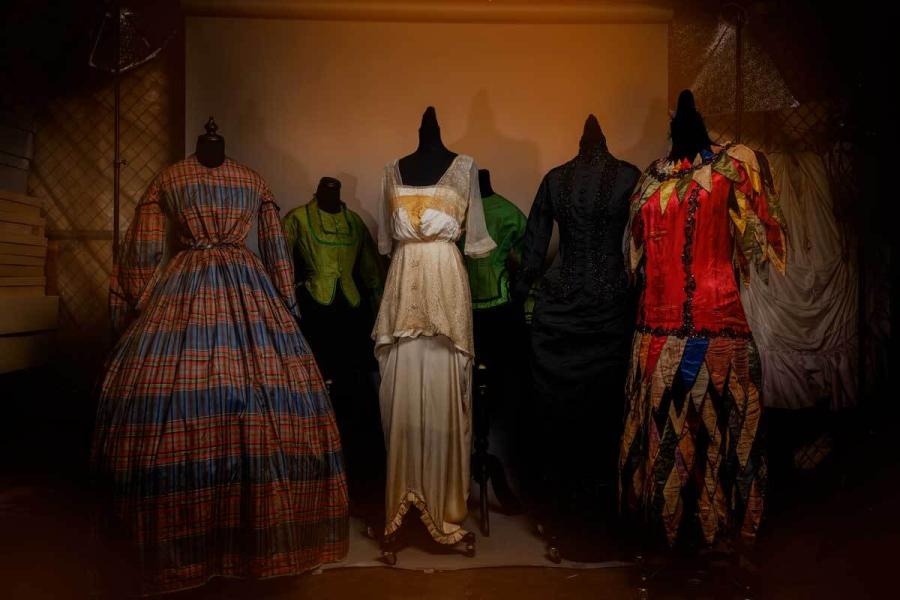A study in the journal Scientific Reports suggests readers like AI-generated poems more than those written by poets like Sylvia Plath and T.S. Eliot.
Nonexpert readers of poems from William Shakespeare, Emily Dickinson and other famous writers often failed to distinguish between works created by the writers themselves and imitations that ChatGPT produced, according to a story on the study in the Washington Post.
Poetry may have seemed untouchable by AI, since the art form is known for vividly evoking uniquely human experiences. But readers who participated in the study said the AI-generated poems were more inspiring, meaningful, moving and profound.
A University of Virginia poetry professor says the reason might be a simple matter of taste.
“We all want very different things from verse,” said Lisa Russ Spaar, a professor of English and creative writing at UVA. “That’s why some people will go to the Hallmark card aisle, and they’ll find a sentiment there that really speaks to them. And other people will search for a poem with a different kind of complexity.”
Preferring one kind of poetry to another is pretty normal, Spaar said. It’s not necessarily a matter of the reader’s intelligence. In high school, for example, Spaar and her sisters each read T.S. Eliot’s “The Waste Land,” a sprawling poem referencing Sophocles, Shakespeare and the Buddha’s “Fire Sermon,” among other sources. Spaar loved it. Her sisters detested it.
“They’re both doctors now. These are very smart people, and they just didn’t like Eliot’s style,” Spaar said.

Lisa Russ Spaar teaches a January-term poetry course every year. She says AI isn’t capable of doing what human poets can. (Photo by Matt Riley, University Communications)
Some readers may prefer more “transparent” poetry, like, say, Robert Frost’s “Stopping by Woods on a Snowy Evening,” but even those poems can be deceptive. Despite their simple language, close readers can tease out multiple layers of meaning.
Readers may have found human-written poems to be more convoluted than AI-generated poetry since they likely read the poems to themselves, rather than hearing them aloud. Spaar said sound and rhythm are critical parts of poetry.
“In its origins, poetry was not only oral, it was musical. In Old English, there’s a break in the middle of a line of poetry in which someone strikes a harp. It’s true of the oldest Greek poems, too, like ‘The Iliad’ or ‘The Odyssey,’” Spaar said.
If someone doesn’t hear a poem aloud, Spaar said, they may miss the music in a poem. It may also not be something AI pays attention to when it produces verse. Spaar recently taught a January-term poetry workshop, where she had students read each other’s work aloud.
“Having another poet cover your poem in a way allows you to hear things in it you wouldn’t otherwise,” Spaar said.
On the other hand, you might not notice the lack of music in an AI-generated poem if you read it silently.
AI is advancing rapidly, and its capacity to produce writing has grown significantly over the two years. But Spaar said human poets can do things AI simply can’t replicate. Since AI produces responses a logical order, it usually can’t surprise readers the way a human-written poem can, she said.









